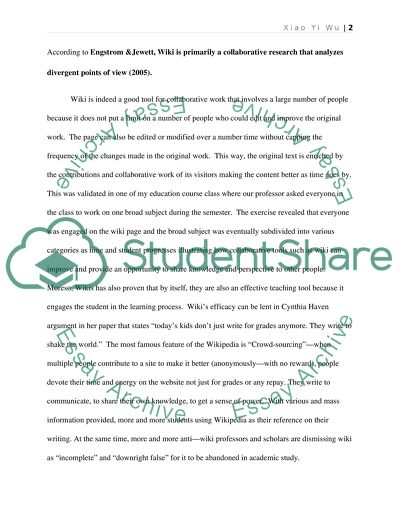Cite this document
(“Critical Argument Essay Example | Topics and Well Written Essays - 1500 words”, n.d.)
Critical Argument Essay Example | Topics and Well Written Essays - 1500 words. Retrieved from https://studentshare.org/english/1476263-critical-argument
Critical Argument Essay Example | Topics and Well Written Essays - 1500 words. Retrieved from https://studentshare.org/english/1476263-critical-argument
(Critical Argument Essay Example | Topics and Well Written Essays - 1500 Words)
Critical Argument Essay Example | Topics and Well Written Essays - 1500 Words. https://studentshare.org/english/1476263-critical-argument.
Critical Argument Essay Example | Topics and Well Written Essays - 1500 Words. https://studentshare.org/english/1476263-critical-argument.
“Critical Argument Essay Example | Topics and Well Written Essays - 1500 Words”, n.d. https://studentshare.org/english/1476263-critical-argument.


